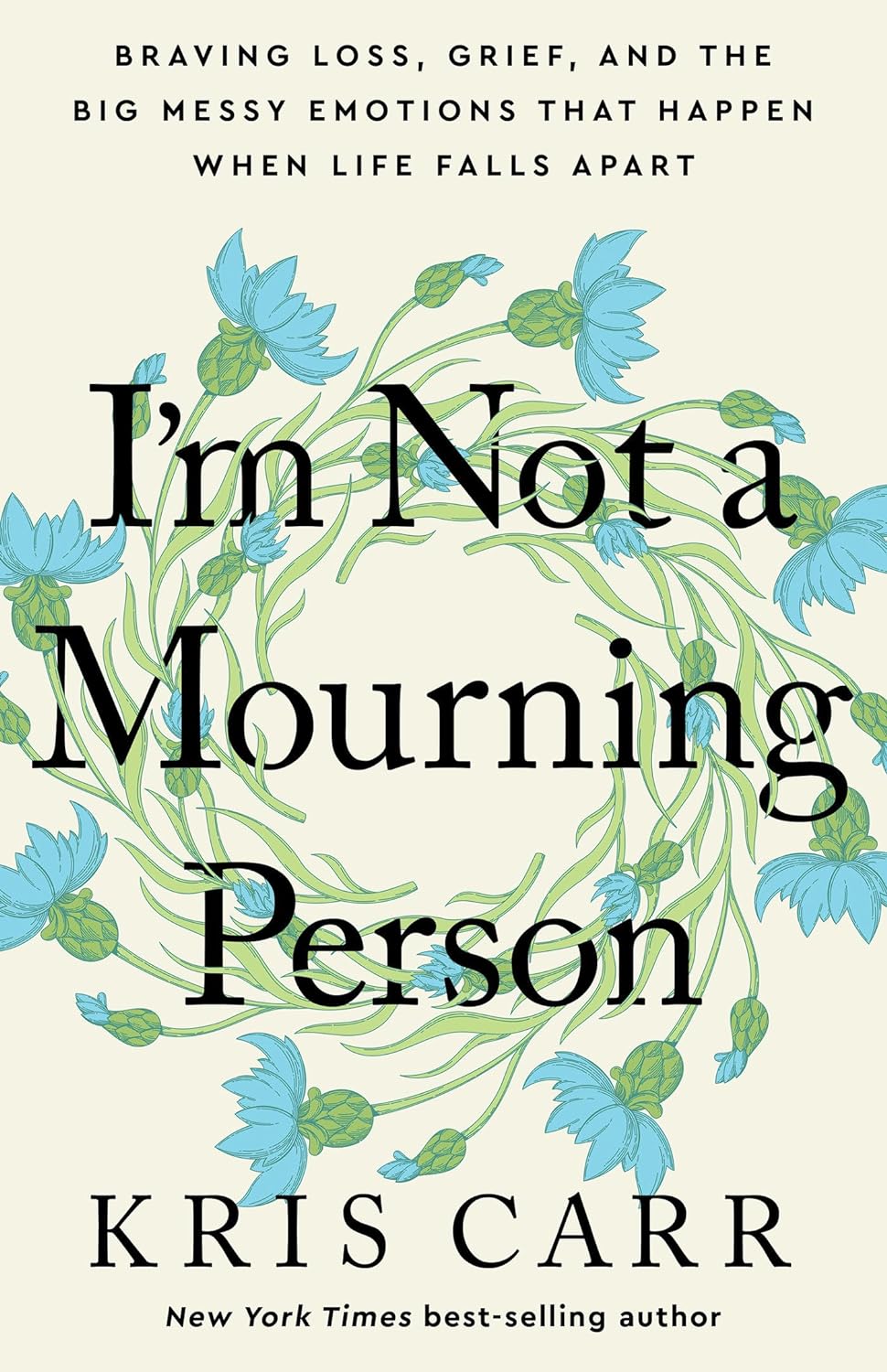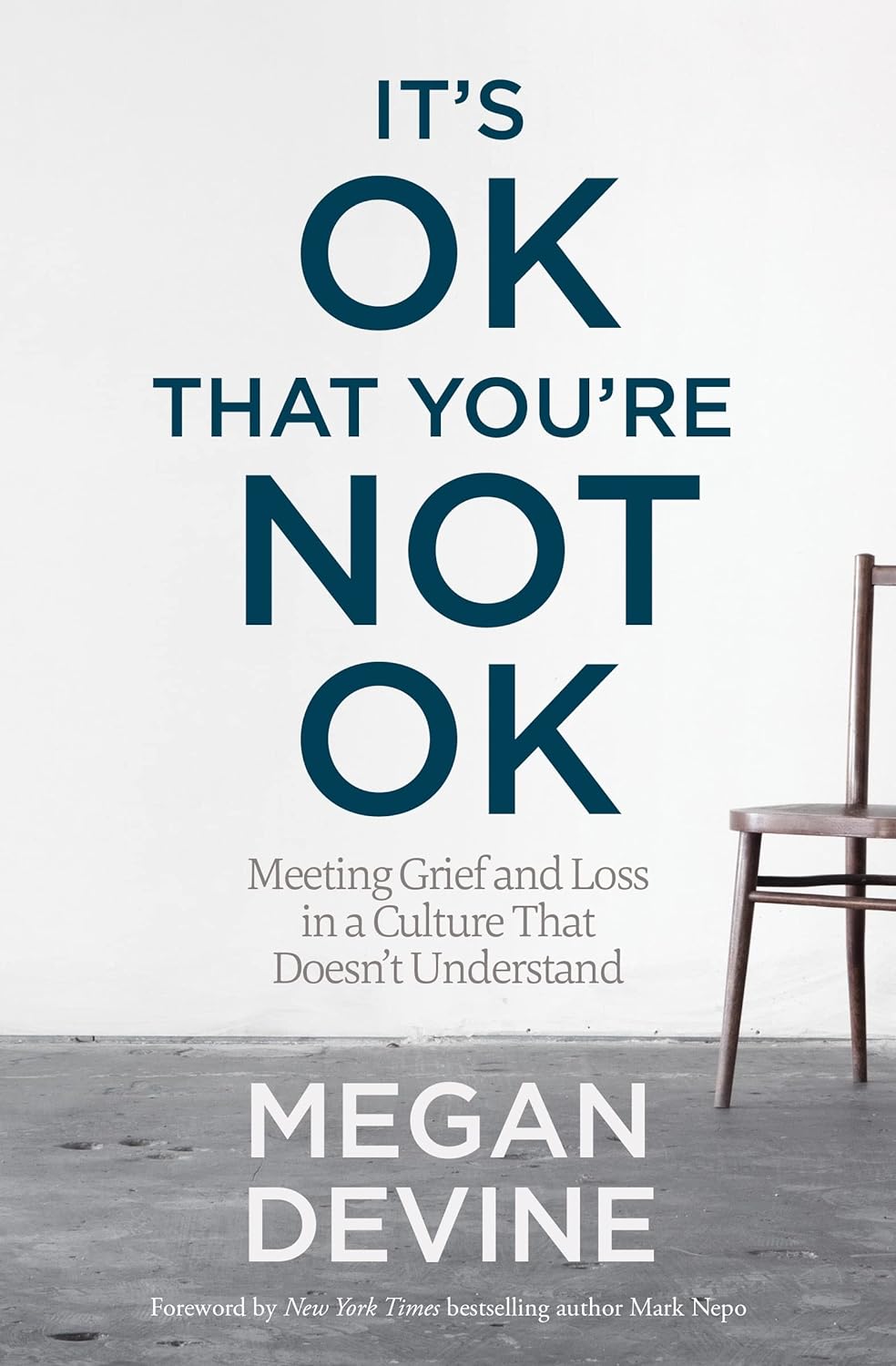Monday, April 15, 2024
Week Fifteen Prompt Response
Week Fourteen Prompt Response
If I were tasked with the decision whether to separate urban fiction and LGBTQ fiction from more generalized fiction, I would be in favor of separating urban but not LGBTQ fiction. Urban fiction describes a specific genre with its own conventions and expectations. Patrons looking for urban fiction will have a better browsing experience if all of the urban fiction is in one place. This is what my library actually has done; we have our own well-loved urban shelves at our main branch. I can understand why some would fear this being seen as discriminatory; however, I think it would actually decrease patron access and circulation to have the urban books spread throughout general fiction.
Conversely, with LGBTQ fiction, I don't feel that should be a separate section as LGBTQ fiction is less of a genre and more of a theme or appeal factor. While urban fiction also has common thematic threads of life in the inner city, poverty, violence, exploitation, and "rags to riches" storylines, the books are more strongly united stylistically. This is apparent from title conventions, cover presentation, and lyricism of the text. This unites urban/"street lit" as a genre, whereas LGBTQ fiction, as of yet, does not have a unified "feel" the way genres do. LGBTQ fiction certainly can share thematic elements, e.g. feeling "othered", coming out, found family, and beyond, yet, these works tend to feel stylistically distinct and can transcend genre. LGBTQ is not a genre that should be separated from general fiction as that does not improve the patron browsing experience. Separating LGBTQ as a genre also bows to censorship efforts, which libraries seek to combat.
However, I would support pop up displays highlighting both urban fiction, LGBTQ fiction, and urban LGBTQ fiction to increase circulation and patron awareness of these titles.
I would make these decisions because:
1. Condensing urban fiction together will make for a better browsing experience for lovers of the urban genre, same as with science fiction or Western readers.
2. Separating LGBTQ fiction from general fiction bows to censorship efforts and the suppression of marginalized voices in a way that separating urban fiction does not. LGBTQ fiction also does not have a cohesive feel the way urban lit can.
3. If urban readers feel othered by the separating of their genre from general fiction and do not find the action to enhance their browsing experience, we could instead indicate via spine label that a title is urban and return it to the general fiction stacks.
Monday, April 8, 2024
Diverse Read: You Made a Fool of Death with Your Beauty by Akwaeke Emezi
- Grief
- Healing
- Love triangles
- May-December romance
- Self-discovery
- Lush
- Emotional
- Moving
Week Fifteen Prompt Response
Three ways that we promote our collection at my library are the following: 1. Themed book lists. I'm pretty sure every library under th...
-
I wrote my special topics paper about book influencers. More specifically, I discussed BookTok, since it is undoubtedly the most powerful. I...
-
Three ways that we promote our collection at my library are the following: 1. Themed book lists. I'm pretty sure every library under th...
-
Author: Evette Dionne Title: Weightless Genre: Nonfiction (essay collection) Publication Date: 2022 Number of Pages: 245 Geographical Settin...







